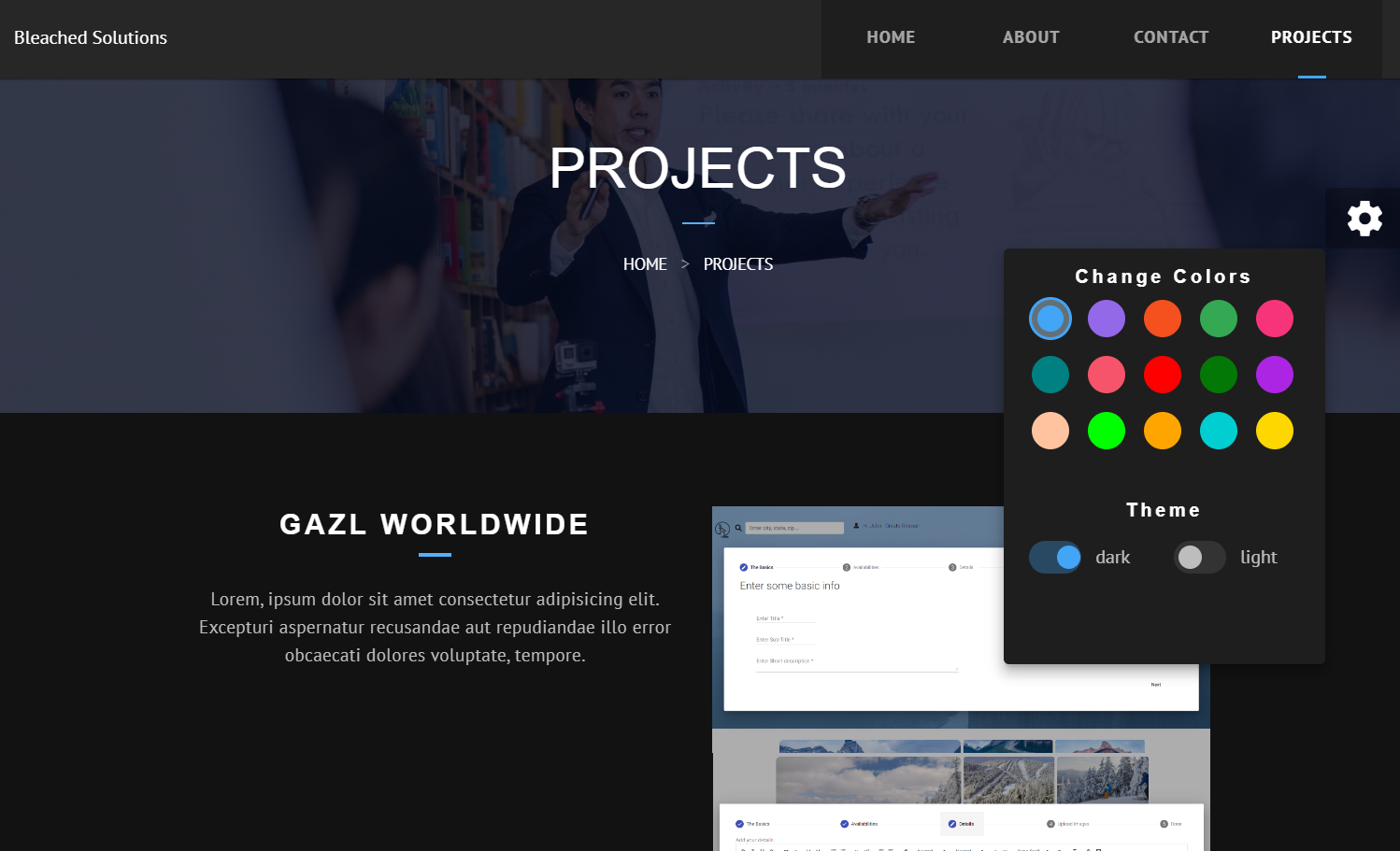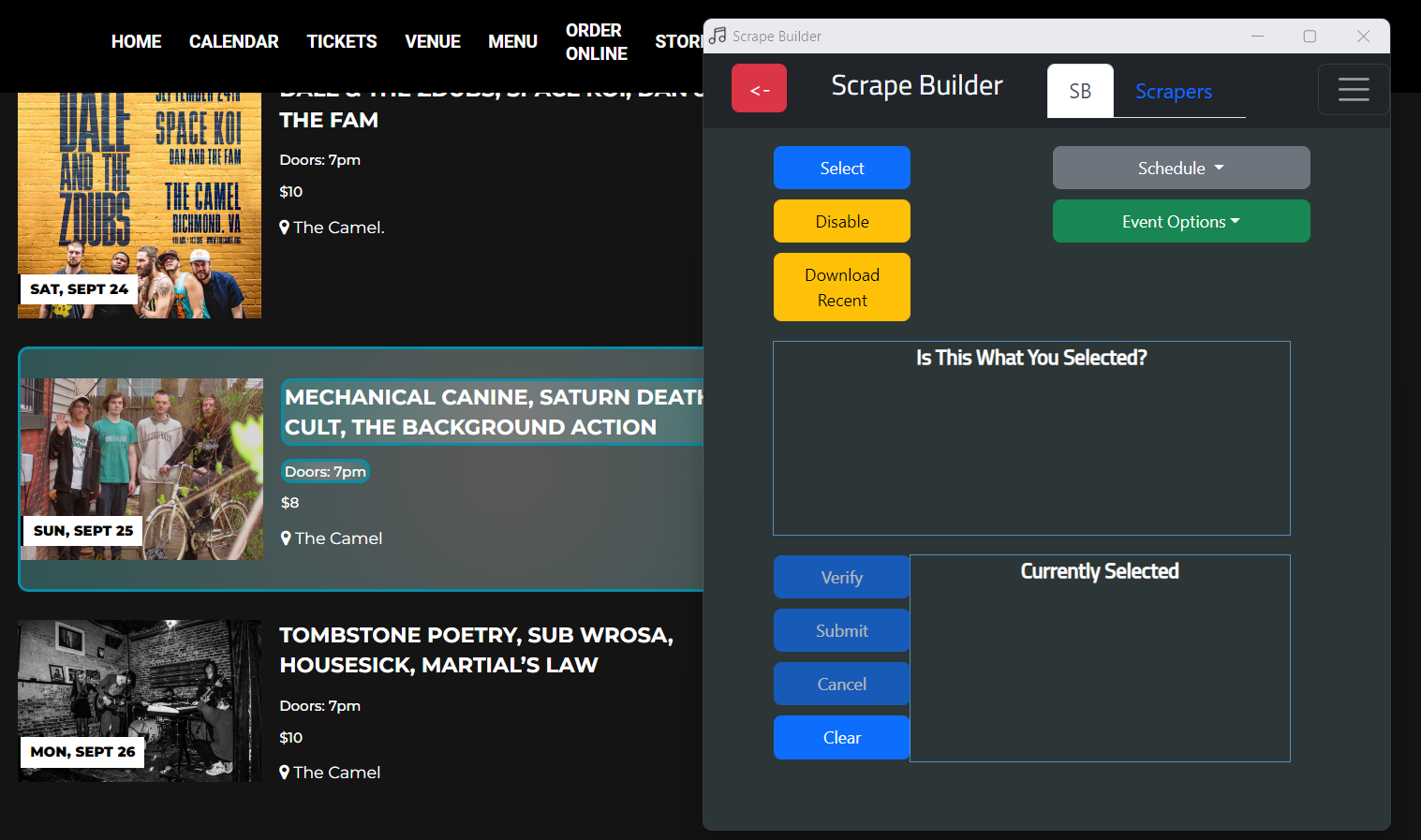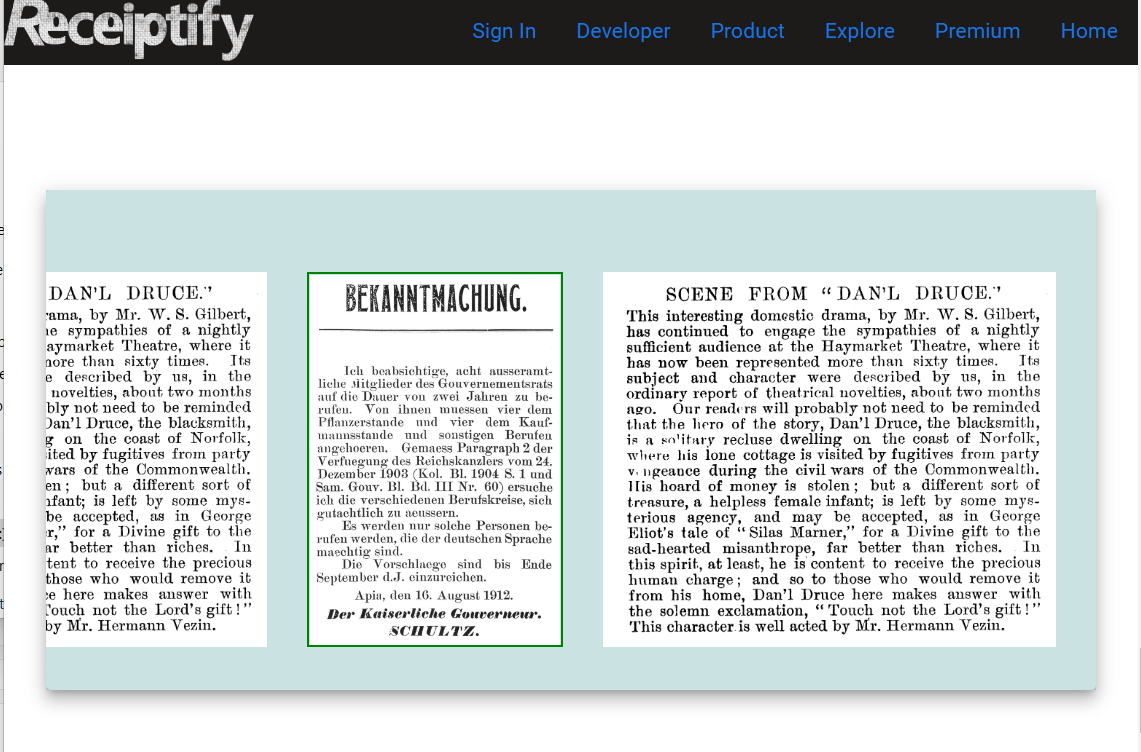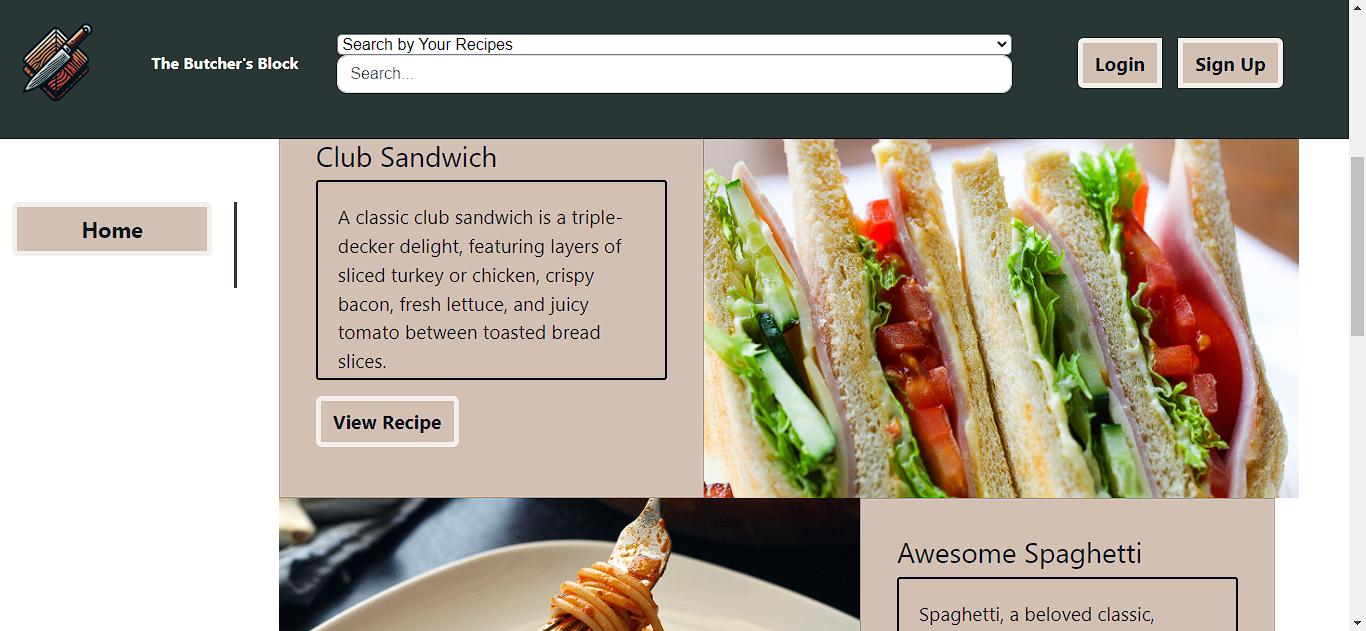Experience
Experience
-
Contributor at OutlierAI
CurrentAnalyzed prompts and responses from large language models—primarily involving C#, Python, and general-purpose topics—to ensure accuracy, fluency, grammar, completeness, and appropriate tone, while helping to identify and prevent inappropriate or unsafe content.
-
Contract Work at Bleached Solutions
3/2021 - 1/2025Contributed to diverse projects involving ASP.NET Core, Angular, Golang, React, and Vue.js. Led the development of V3 Chrome Extensions for customized data scraping. Played a key role in multiple projects, including UI/UX design, database management, and API development.
-
Intern at Revenue IQ
9/2020 - 3/2021Conducted unit testing and refactoring on numerous microservices using the Moq library and repository pattern. Successfully isolated business logic into a dedicated service layer, abstracted database calls out of controllers, and established seamless communication between layers via interface contracts within the new repository pattern. Implemented a structured service and repository layer to manage interactions with the DbContext, ensuring a clean separation of concerns while promoting modularity and maintainability. By decoupling database dependencies from controllers, significantly improved testability, enabling fast, reliable unit tests without requiring direct database interactions. Played a crucial role in refactoring microservices, identifying and fixing bugs, and establishing robust testing environments aligned with the new design pattern.




